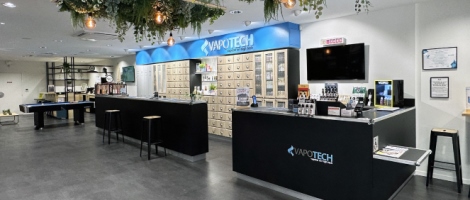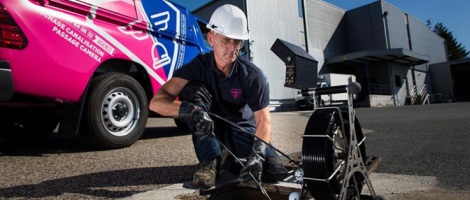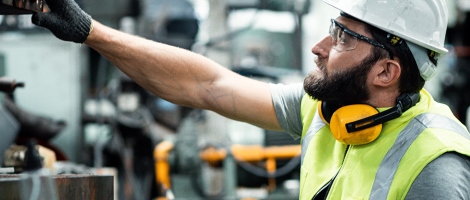Poland has about 170 franchise systems in various segments of the retail and service sectors. Franchising is rapidly developing as small and medium-sized enterprises look for better and safer organizational forms.
According to a report by Profit System, the 170 franchise systems currently in operation in Poland comprise about 12,000 franchisees, most of them running retail outlets. Franchising not only offers self-employment, but also creates new jobs-with employment at over 100,000. From 1995-2003, about 140 franchise systems were set up. If this rapid growth continues, by the end of 2005 franchise systems may number around 400.
The data reveals a growing share of franchise systems in gross domestic product, now at 3-4 percent. Last year, total investments made by franchisees increased by 8.4 percent over the previous year to zl.3.4 billion.
The most popular chains belong to Western companies, but domestic ones dominate in number. Over 62 percent of the chains are Polish, accounting for about 75 percent of the market’s revenue. The remaining 38 percent are foreign. The domestic chains outnumbering foreign ones may be surprising as the Polish market is maturing.
An example of a Polish franchise chain is the Warsaw confectionery firm A. Blikle. Its first franchised store opened 13 years ago. Today, A. Blikle outlets are available in Lódz, Cracow, Czestochowa, Gliwice, Radom, Torun, Plock and Gdynia.
The gap between the lowest and highest amount to be invested in a franchised institution is enormous. You can start a business with just zl.2,000 at your disposal, but you may also need as much as zl.2-3 million. Gas stations are among the most expensive licenses. To open a McDonald’s restaurant, you need nearly zl.1 million. To run a Cafe Nescafé, you need zl.80,000-150,000.
For one of the popular outlets with mobile phone products and services, you need to invest about zl.50,000-80,000. The license for an outlet with the Nicole eau de toilette, depending on the range of the fragrances offered, is from zl.10,000-24,000. The cheapest licenses are for small services and retail.
Despite growing demand, franchising encounters barriers in Poland. Obviously, the basic problem is money. In addition to an initial payment, the franchisee must also pay regular charges and contribute to an advertising fund. Another problem is that banks do not have any special offers for the franchise market, even though everywhere in the world a franchise license is treated as a low-risk product.
Franchising in Poland
By Michal Jeziorski
7 April 2004













